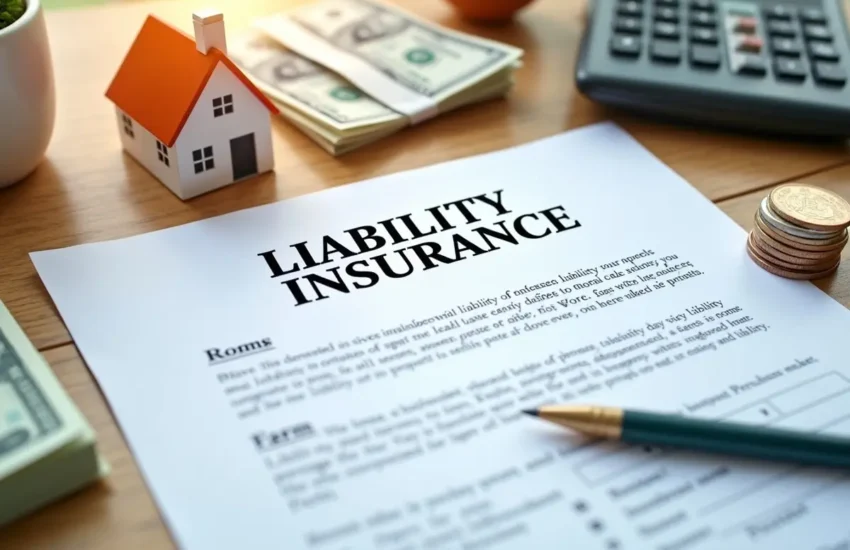6 Steps to Take After Experiencing Police Misconduct
Encountering police misconduct can be a harrowing and unsettling experience. It’s essential to understand that there are specific measures you can take to not only safeguard your rights but also to hold those in authority accountable for their actions.
This guide outlines six essential steps to follow if you find yourself in such unfortunate circumstances. By taking these actions, you can ensure a systematic approach to documenting the incident, seeking justice, and helping prevent future occurrences.

Consult a Civil Rights Attorney
Navigating the aftermath of police discrimination and misconduct can be complex, and seeking the guidance of a civil rights attorney can provide you with the legal expertise necessary to pursue justice. A knowledgeable lawyer will understand the nuances of laws pertaining to police misconduct and can advise on the best course of action. They can also represent you and protect your rights throughout any legal process, whether in negotiations or in court.
Your attorney will review all the evidence, speak with witnesses, and help build a strong case on your behalf. They are essential in ensuring that you are fairly compensated for any damages and that those responsible are held accountable.
The folks at thebradleylawfirm.com note that most civil rights lawyers offer free initial consultations, so don’t hesitate to reach out and seek their counsel. It can make all the difference in your pursuit of justice.
Remain Calm and Document the Incident
Staying calm during an encounter with law enforcement, especially when you believe misconduct is occurring, is of the utmost importance. Not only does it help prevent the situation from escalating, but it also ensures that you can recall and record details accurately. Take mental notes of the officers’ badge numbers, names, agencies, and any other identifying details, which will be crucial in the subsequent steps.
Immediately following the incident, write down everything that happened while it’s still fresh in your memory. If injuries occur, take photographs as evidence — these details and documentary evidence will be critical when you file a complaint or take legal action.
Seek Medical Attention If Needed
In cases where physical harm was inflicted, it’s critical to prioritize your health and safety by seeking medical attention promptly. Ensure that all injuries are properly documented by healthcare professionals, as medical records serve as an important piece of evidence in your case. They not only substantiate your claims of mistreatment but these documents can also be used to demonstrate the extent and impact of the injuries sustained.
Additionally, inform the medical staff that your injuries are the result of an encounter with the police. This information should be included in your medical records as it establishes a clear link between the misconduct and your injuries, which is vital for any legal actions that you pursue later on.
File a Formal Complaint
Once you are in a safe place and have documented the incident, file a formal complaint with the police department’s internal affairs division or civilian complaint board. It’s imperative to provide all the information you’ve collected and to be as detailed as possible. If you fear retaliation or are unsure about the process, you may seek the assistance of an attorney or a civil rights group.
Keep a copy of your complaint and any correspondence or receipts that acknowledge its filing. These documents serve as proof that you have taken the official steps to report the incident and can be used in any future legal proceedings.
Continue to Document Everything
As the reporting and legal process unfolds, it’s essential to maintain thorough documentation of all interactions, communications, and developments. Keep a detailed log of dates, times, names, and the content of conversations related to your case. This record-keeping will prove invaluable if any discrepancies arise and will support your attorney in managing your case effectively.
Ensure that all medical visits, treatments, psychological counseling, or other related appointments are recorded, as ongoing documentation can provide evidence of the continued impact of the misconduct on your life. This level of detail will be particularly important when it comes to demonstrating the incident’s long-term effects on your well-being.
Engage With Your Community
Police misconduct affects not just individuals but entire communities. By engaging with community groups, local activists, or victim support groups, you can draw on collective strength and resources. This might involve attending meetings, sharing your experience with others, or participating in community events aimed at reforming law enforcement practices.
Furthermore, staying engaged with your community helps increase public awareness about the issue of police misconduct and the importance of accountability. It can also lead to broader support for change and bolster your efforts in seeking justice for yourself and others who have had similar experiences.
In conclusion, experiencing police misconduct can be traumatic and overwhelming. However, taking these six essential steps will not only safeguard your rights but also help hold those responsible accountable for their actions. It’s critical to seek legal guidance, document the incident thoroughly, prioritize your health and safety, file a formal complaint, continue to document everything, and engage with your community.


